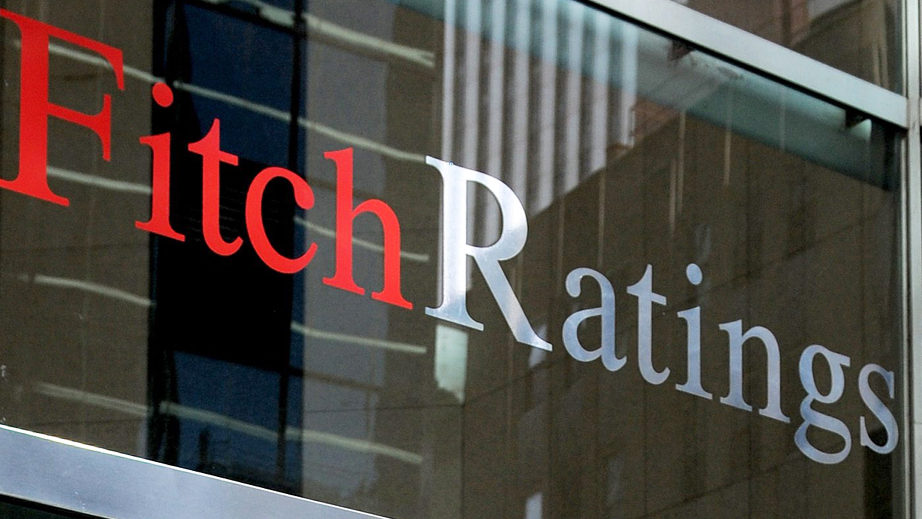Economy’s indebtedness shrinks again in October
The Portuguese economy is already less indebted. The decrease in the economy's indebtedness in comparison to September was a result of a decrease in public indebtedness. Private sector debt increased.
After a record in August, the Portuguese economy’s indebtedness maintains a downward trajectory. Data disclosed by the Bank of Portugal this Thursday show a plunge of 300 million euros from September to October. The main contribution came from the public sector debt, which fell by 2.9 billion euros in October. On the other hand, the private sector indebtedness increased 2.6 billion euros.
“In October 2017 non-financial sector indebtedness stood at €720.8 billion, of which €314.3 billion referred to the public sector and €406.5 billion to the private sector”, the Bank of Portugal stated. In August, the economy’s indebtedness had already reached an historical peak of 723.242 billion euros, but in September it had retrieved by two billion euros.
The Portuguese central bank explains that, in October, that “the fall in public sector indebtedness was reflected in the decrease in external financing”. The same had already happen in September, since Portugal has been making several early repayments to the International Monetary Fund this year.
In October, public debt fell 3.9 billion euros to 245.3 billion euros. The Government’s goal for 2017 is to achieve a 243.7 billion euros public indebtedness, which would translate in a 126.6% of GDP, but the Portuguese PM António Costa has stated the current expectation is that the percentage will be even smaller.
This positive evolution in the public sector contrasts with a larger indebtedness of companies. “The increase in private sector indebtedness was chiefly due to higher external indebtedness of private corporations”, the Bank of Portugal explains. And yet, on the other hand, companies have reduced their indebtedness towards the Portuguese financial sector.




